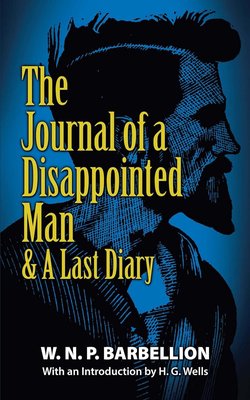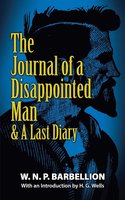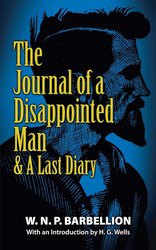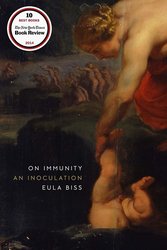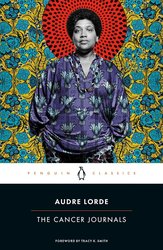Long Covid and the Blind Spots of American Medicine
One of the most frightening, least understood aspects of the coronavirus pandemic is what’s come to be known as “long Covid.” Stories abound of young, healthy adults who experienced mild or asymptomatic coronavirus infections and recovered fairly quickly, only to experience an onset of debilitating symptoms weeks or even months later. One major study of almost two million Covid patients in the United States found that nearly a quarter sought medical treatment for new conditions one month or more after their initial infection.
Scientists still don’t fully understand what’s causing long Covid or how to best treat it. But in that sense, long Covid isn’t all that novel. Today, millions of Americans suffer from chronic illnesses set off by the body’s response to infections. Many of these conditions routinely go undiagnosed or are misdiagnosed. And even those who find their conditions identified correctly often struggle to find treatments that work for them.
“To have a poorly understood disease,” writes Meghan O’Rourke, “is to be brought up against every flaw in the U.S. health care system; to collide with the structural problems of a late-capitalist society that values productivity more than health; and to confront the philosophical problem of conveying an experience that lacks an accepted framework.”
O’Rourke, an award-winning journalist and poet and the editor of The Yale Review, has spent more than a decade of her life struggling with chronic illness, a journey she documents in her forthcoming book, “The Invisible Kingdom: Reimagining Chronic Illness.” In it, O’Rourke uses her experience to illuminate the facets of American society that often remain invisible to the rest of us: the blind spots in our scientific and medical paradigms, the shortcomings of our individualistic ethos, the way economic inequalities show up in our bodies, our culture’s tendency to pathologize suffering.
So this conversation begins with long Covid and the debates surrounding it, which O’Rourke has done excellent reporting and writing on. But it is also about what it’s like to experience America’s hidden chronic illness epidemic firsthand, and what that epidemic reveals about the society that too often pretends it doesn’t exist.
